
Total lesion volume and index lesion-related severity correlated with EDSS scores and cognitive performance, while volumetric cortical and subcortical gray matter correlated less strongly.

Total lesion volume and index lesion-related severity correlated with EDSS scores and cognitive performance, while volumetric cortical and subcortical gray matter correlated less strongly.

Identified by Mayo Clinic investigators, the protein-coding gene SERPINA5 was found to be associated with tau expression, characteristic of Alzheimer disease pathology.
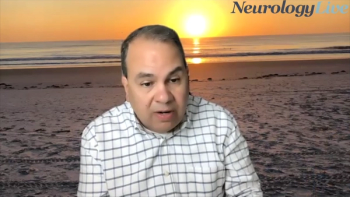
The professor of neurology at Mayo Clinic detailed the next steps in understanding more about the impact social determinants of health have on epilepsy care.
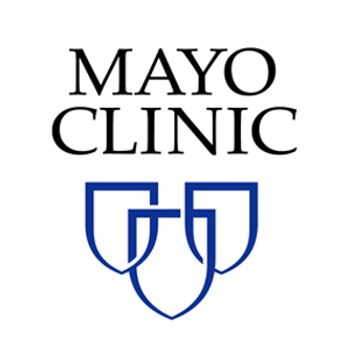
African Americans are not only at increased risk of having a stroke, but they're also at increased risk of being debilitated by or dying from a stroke.

Understanding the signs and symptoms stroke during National Stroke Awareness Month.

Lightheadness, loss of balance, vision changes, and abnormal eye movements led to the discovery of cancer in one specific patient.

The professor of neurology at Mayo Clinic discussed the effects social determinants of health can have on epilepsy treatment outcomes and where research needs to turn to next.
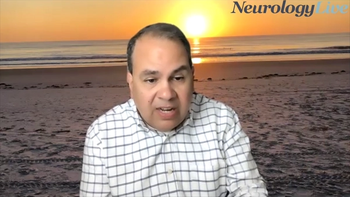
The professor of neurology at Mayo Clinic detailed ways to address social determinants of health and the gaps in care for patients with epilepsy.

The findings add to the body of evidence for use of antiplatelets in patients with cerebral amyloid angiopathy.

The professor of neurology at Mayo Clinic discussed the need for understanding more about how social determinants of health can impact epilepsy treatment delays.

The professor of neurology at Mayo Clinic discussed the reasoning for the research he presented at AAN 2021 on social determinants and their impact on epilepsy treatment times.

Data from a cohort of more than 900 individuals suggest that while total tau can add cross-sectional value in certain contexts, neurofilament light served better for prognostication of cognitive decline and imaging changes.
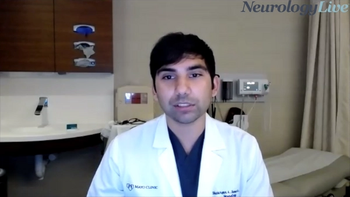
The neurologist from Mayo Clinic discussed his abstract at AAN 2021 comparing stroke rates in patients with cerebral amyloid antipathy given treatment with aspirin.
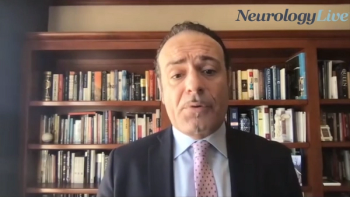
The consultant in the Department of Neurology at Mayo Clinic discussed the mechanisms of action researchers should key in on for patients with Parkinson disease.
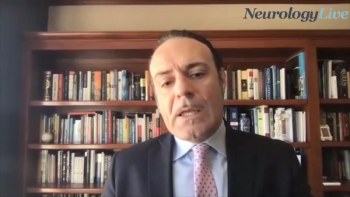
The consultant in the Department of Neurology at Mayo Clinic discussed the advancements of Parkinson disease knowledge and treatment over the past 2 decades.
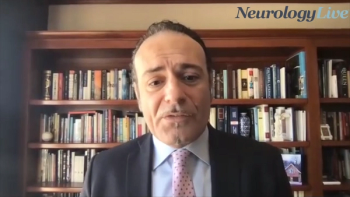
The consultant in the Department of Neurology at Mayo Clinic discussed the mounting number of unmet needs for patients with Parkinson disease.

The consultant in the department of neurology at Mayo Clinic detailed a number of topics surrounding Parkinson Disease Awareness Month, including the progress made in the last 2 decades.

Patients with a history of abuse reported a higher average or median questionnaire scores that focused on anxiety, depression, photophobia, hyperacusis, ictal allodynia, and interictal allodynia.
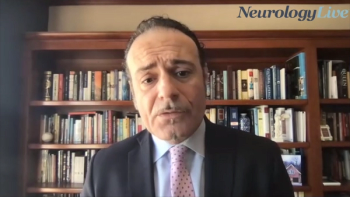
The consultant in the department of neurology at Mayo Clinic discussed Parkinson Disease Awareness Month and the benefits behind social initiatives that raise awareness.

The assistant professor of neurology at Mayo Clinic detailed the areas of autoimmune encephalitis research that need more attention, as well as the diagnostic potential of autoantibody assays.

In a study of more than 600 patients, single medication classes were overused by 70% of patients, and less than half of the cohort was taking a preventive treatment.

The assistant professor of neurology at Mayo Clinic discussed his presented talk at ACTRIMS Forum 2021 on autoimmune encephalitis.
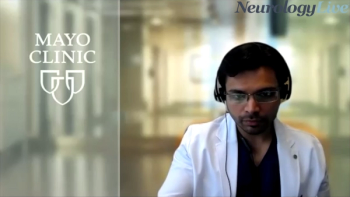
The assistant professor of neurology at Mayo Clinic provided his thoughts on the next steps in understanding autoimmune encephalitis and the direction that research must pivot to.
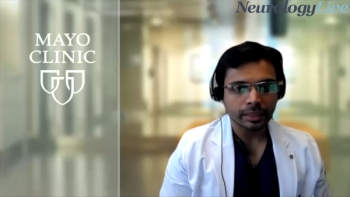
The assistant professor of neurology at Mayo Clinic detailed his presentation at ACTRIMS 2021 Forum on the rising prevalence of autoimmune encephalitis.

Researchers found amyloid-β positron emission tomography imaging and dopamine transporter imaging to be useful in characterizing phenotypes of the neurodegenerative conditions.

Mayo Clinic's section edition book helps patients with Alzheimer disease and their caregivers answer questions as a guidance method.

A Q&A from the Mayo Clinic dives into the methods to treat drug-resistant epilepsy that aren't medication based.

Researchers from the Mayo Clinic found a molecular target that can help assess potential treatments for spinocerebellar ataxia type 3, a disease which currently has no cure.

The amount of neurofilament light may be indicative of neuron injury in the brain.

Results from a study showed that the higher number of pregnancies, the later the progressive multiple sclerosis onset.